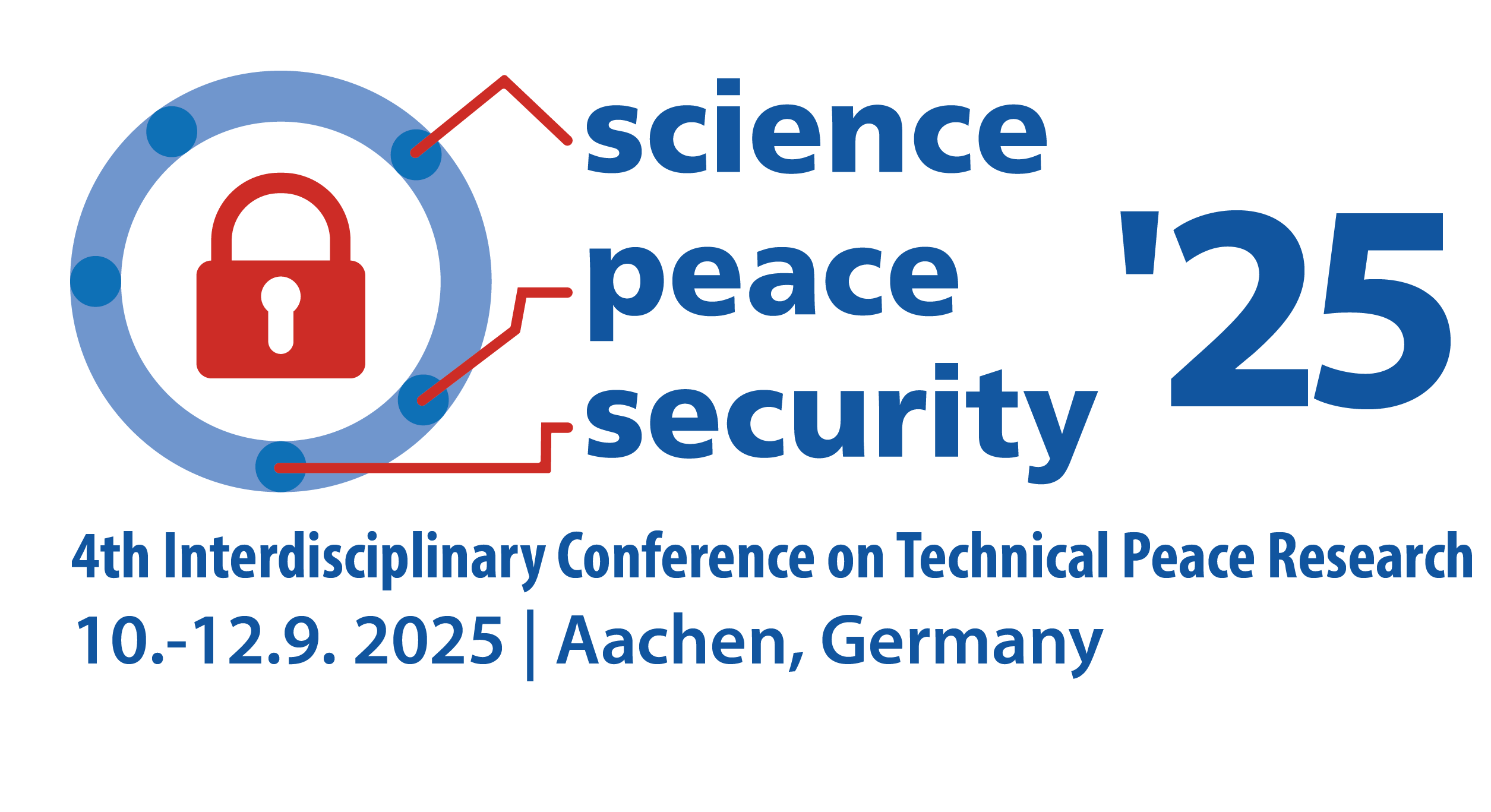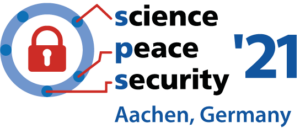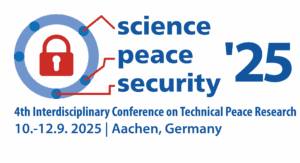Science · Peace · Security is a conference series established 2019, maintained by the Research Association for Science, Disarmament and International Security (FONAS).
- 2019: Darmstadt: 1st Interdisciplinary Conference on Technical Peace and Security Research
- 2021: Aachen: 2nd Interdisciplinary Conference on Technical Peace Research: The impact of new technologies: Destabilizing or enabling resilience?
- 2023: Darmstadt: 3rd Interdisciplinary Conference on Technical Peace Research: Technology and the Transformation of Political Violence
- 2025: Aachen: 4th Interdisciplinary Conference on Technical Peace Research




